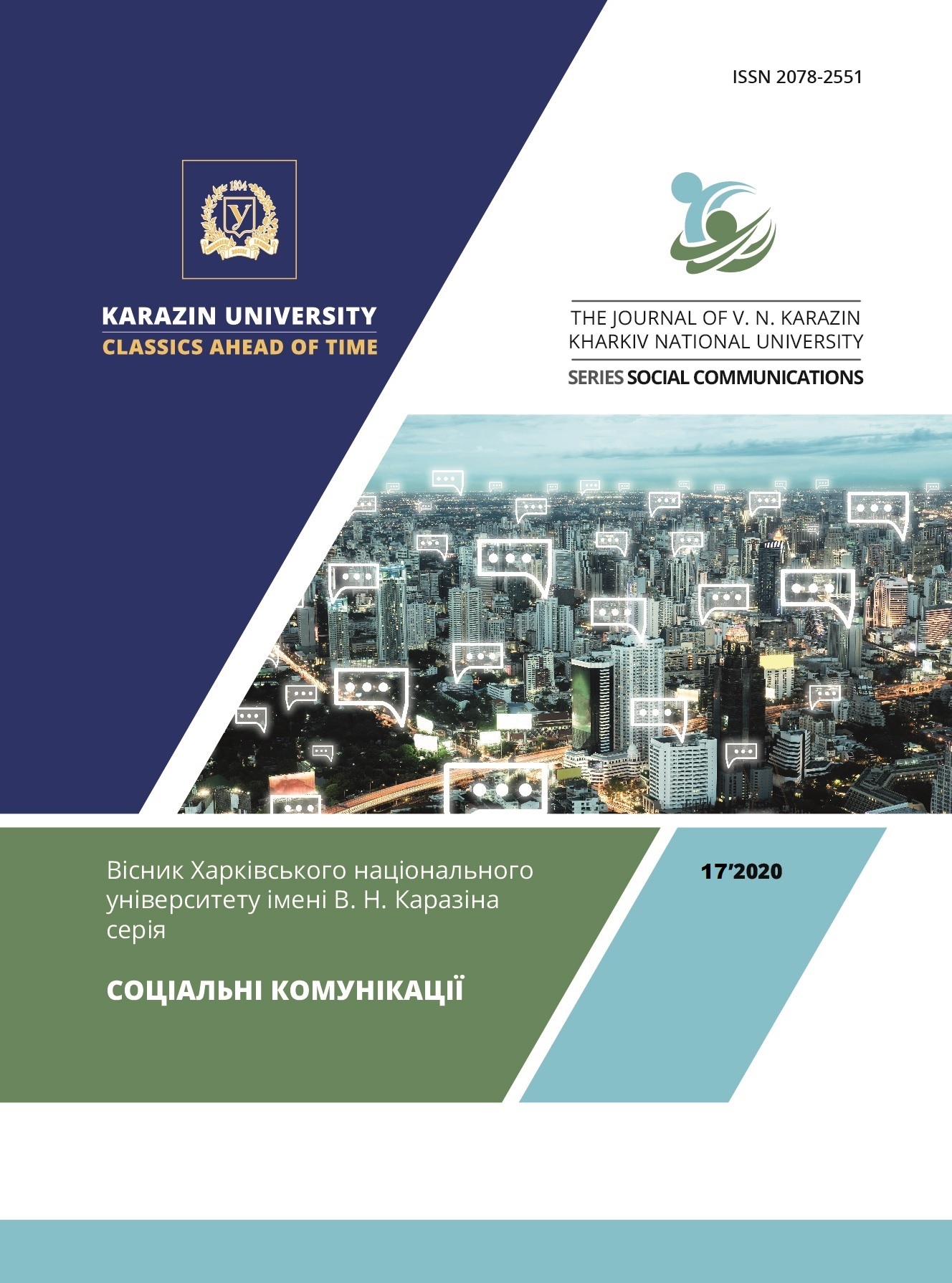Human Rights and Non-discrimination Education and Media Education
Abstract
Digital transformations help to activate not only professional media agents but also ordinary consumers. Due to the expansion of the field of media, a situation arises where control over the media comes into conflict with the realization of the human right to freedom of expression and thought. Thus, the question of inventing ways to self-regulate the processes of media creation and media consumption becomes actual. In order to form public opinion on the demand for responsible media production and media consumption, there is a need to combine human rights and non-discrimination education with the practice of media education. Public activists are often the only ones in the field of media who disseminate knowledge on human rights, non-discrimination but use media technology without considering the possible positive or negative effects. Professional information producers, in particular the mass media, do not always communicate with members of the public to the extent necessary for accurate, balanced, and impartial coverage of complex human rights issues. Therefore, one of the societal problems is the lack of effective interaction between social activists as providers of human rights and non-discrimination values and media educators, as well as journalists as providers of media literacy and professional information producers. From 2016 to 2020, we, in cooperation with public organizations and individual activists, implemented a number of projects to identify ways to solve the problems arising from this communication gap. This study presents two illustrative cases. The first case presents the experience of educational pieces of training «Creative Journalism» for schoolchildren and «School of Media Volunteers» for adults, which were created within the project «Gender Culture Center as a platform for women's rights and youth», implemented with the support of the European Union. The second case presents the results of the information campaign of the human rights festival of accessibility of the city and culture «InclusiON» on the initiative of KRF «Public Alternative» with the support of crowdfunding, Ukrainian Culture Found, and the Friedrich Ebert Foundation in Ukraine. The obtained results allowed to define the roles of interaction agents (media educators, public activists, and journalists) and to describe three models of their communication interaction: 1) chain, where public activists are a source of information and the stakeholder in the distribution of certain content in certain topics; 2) dialogue, where public activists and media educators initiate a public event together in order to create a situation of communication between journalists, public activists and representatives of certain social groups. This study paved the way for an experiment on implementation of a third type of interaction – co-production, where a journalist, a public activist and a media educator work together to create a tool for teaching media literacy.




